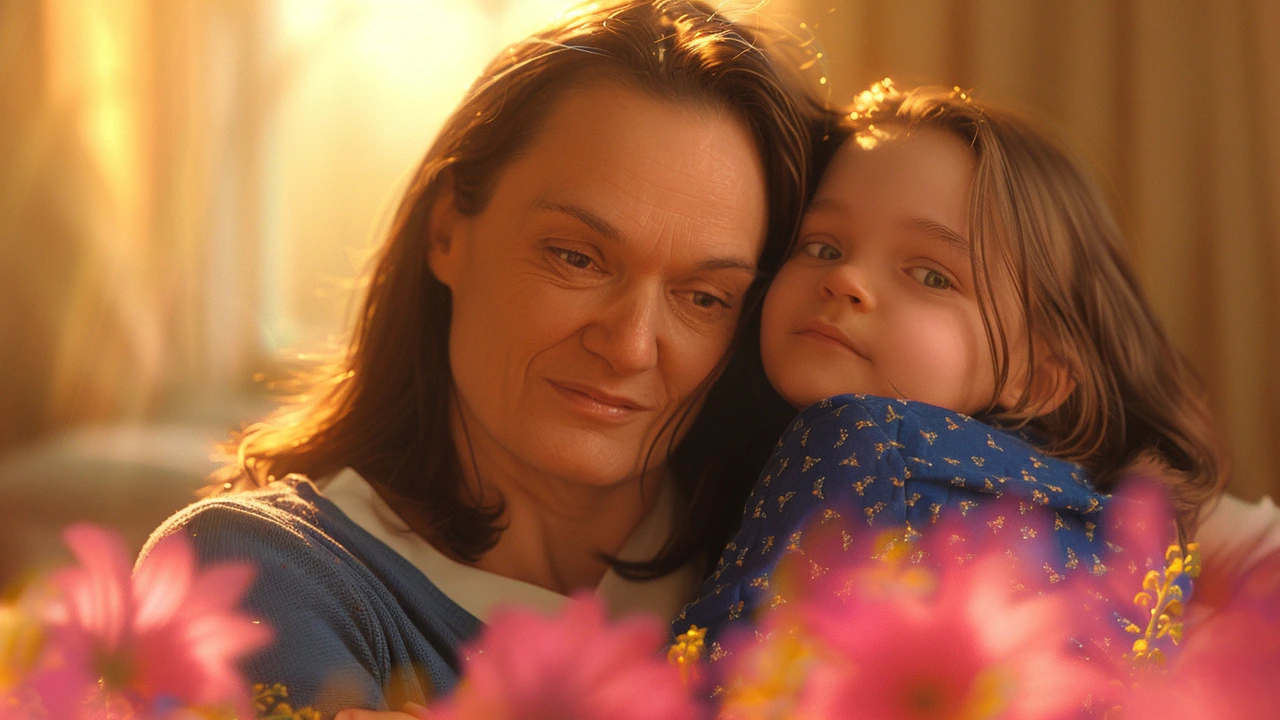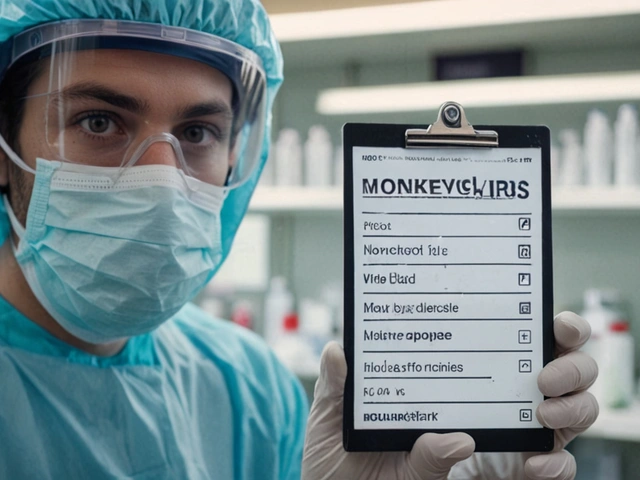The Complex Joy of Mother's Day for Women Who Overcame Infertility
For many, Mother's Day is a celebration filled with joyful gatherings and affectionate messages. However, for women who have battled infertility, the day brings a mixture of joy and poignant reflection. This article delves into the lives of several women who, despite their challenging journeys to motherhood involving in vitro fertilization (IVF), adoption, and other means, now face Mother's Day with both gratitude and a sense of bittersweet accomplishment.
The Emotional Landscape of Overcoming Infertility
Amy Riley's story, a researcher at the Population Media Center, epitomizes the emotional rollercoaster associated with infertility. After enduring six heartbreaking miscarriages, Amy's persistent efforts via IVF finally culminated in the birth of her twins. Her story reflects not just the physical and emotional toll of repeated loss, but also the overwhelming joy of eventual motherhood. Amy's mixed emotions on Mother's Day highlight the complex feelings many women in similar situations experience.
Paths to Motherhood: Adoption and IVF
Tracy Bach Gillespie offers another perspective by sharing her transition to motherhood through adoption after numerous failed fertility treatments. Adoption, while a fulfilling route to parenthood, often comes with its own set of challenges and emotional adjustments. Tracy's story draws attention to the resilience and determination of women choosing this path. Likewise, Christine Burnette's journey includes taking custody of a young relative before embracing further opportunities to expand her family through both adoption and IVF. These stories collectively underscore the diverse paths to motherhood, each fraught with their own hurdles and victories.
Surviving Loss and Embracing Life
The narrative of Stacy Schwab is particularly compelling as it illustrates the profound depths of despair that can accompany fertility struggles. After the devastating loss of a full-term stillborn son, Stacy confronted immense grief, depression, and substance abuse. Her eventual recovery and the subsequent birth of another son is a testament to her unyielding courage and the capacity to find hope after tragedy. Her experience highlights the significance of support systems and mental health awareness in the context of infertility and loss.
Support Systems and Societal Acknowledgment
Megan Hanson, who co-founded the Recurrent Pregnancy Loss Association, became a mother through both surrogacy and her own subsequent pregnancy. Megan's involvement in forming a support group underscores the crucial need for societal empathy and resource availability for those grappling with similar issues. Her work not only aids in her healing process but also fosters a community for others to share and find solace during such challenging times.
The stories of these women reveal that while Mother's Day can be a trigger for past traumas, it also serves as a reminder of their strength and the ultimate joy of motherhood, regardless of the path taken to get there. The bittersweet emotions experienced by mothers who faced infertility should be acknowledged, validating their journey and the complex spectrum of emotions they feel on this day.
Conclusion
Mother's Day is roundly celebrated with flowers and cards, yet for many women who have faced infertility, it carries deeper significance. It's a day marked not only by what has been achieved but also by what has been endured. Recognizing and supporting these incredible women is crucial, not just on Mother's Day, but every day. Their stories of resilience, hope, and love enrich our understanding of motherhood and family in today's society.







John Crulz
I think it’s important to recognize how each mother’s story reshapes what we consider a "normal" Mother’s Day, and that awareness can help us all be more supportive in everyday moments.
Anita Drake
Every story shared here reminds us that motherhood isn’t a single pathway, it’s a tapestry woven from triumphs, setbacks, and the quiet bravery of daily choices.
When Amy talks about the roller‑coaster of IVF, it highlights how medical journeys can feel like an endless series of hope‑and‑heartbreak cycles.
Tracy’s adoption narrative shows that love can grow through legal and emotional bridges, often demanding patience that rivals any clinical process.
Christine’s blend of custody and IVF underscores the fluidity of family structures, proving that biology is just one piece of the puzzle.
Stacy’s heartbreaking loss and subsequent recovery illustrate how grief can become a foundation for deeper empathy, especially when community resources are present.
Megan’s work with support groups shines a light on how collective advocacy can turn personal pain into societal change.
These experiences teach us that Mother’s Day can be a moment of honoring resilience as much as celebration.
It also pushes us to ask how we can make our own circles more inclusive, offering a listening ear without judgment.
One practical step is simply acknowledging the day’s complexity when we send cards or flowers, perhaps writing a note that reflects both joy and remembrance.
Another is supporting policies that improve access to fertility treatments and adoption services, ensuring that financial barriers don’t dictate who gets to celebrate.
We can also amplify voices like these on social platforms, giving them the space to tell their stories without being reduced to headline statistics.
Mentoring programs that pair experienced mothers with those newly navigating infertility can provide the emotional scaffolding many need.
Schools and workplaces can incorporate mental‑health days around such holidays, recognizing that for some, this time is especially taxing.
Ultimately, the common thread is compassion; when we approach each mother’s journey with genuine curiosity and empathy, we foster a culture where every type of motherhood feels seen.
Let’s keep these conversations going, not just today but throughout the year, because the work of understanding never truly ends.
Eduardo Lopez
Reading these accounts is a stark reminder that society often romanticizes motherhood while conveniently ignoring the moral weight of reproductive technology and adoption ethics.
Nancy Perez de Lezama
Honestly, the article sounds like a feel‑good press release, glossing over the real pain behind each statistic and turning deep trauma into inspirational fluff.
Matt Heitz
From a policy perspective, it’s vital to acknowledge that national health frameworks often lack the infrastructure to support comprehensive infertility care, which perpetuates inequality across socioeconomic strata.
Susan Mark
Adding to that, many community health centers could benefit from training modules that address the psychosocial aspects of infertility, helping clinicians provide holistic support beyond mere medical intervention.
Jason Jennings
Nice read.